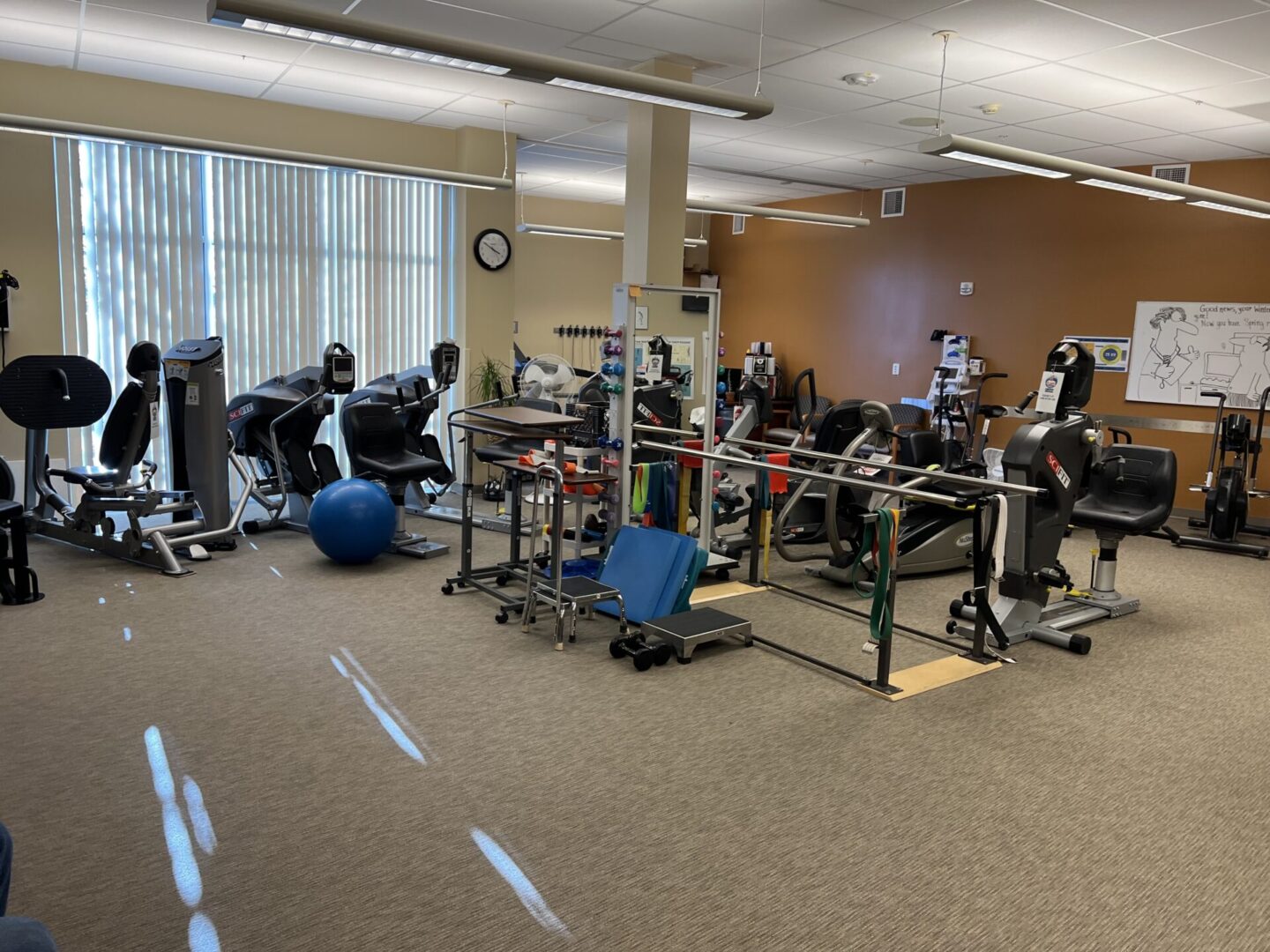Occupational Therapy
What is Occupational Therapy
Occupational therapists and occupational therapy assistants focus on helping you engage in activities that are important to your daily life. By using everyday activities, known as occupations, occupational therapy aims to enhance your health, well-being, and participation in significant life tasks. These activities can range from self-care and family responsibilities to work, volunteering, education, and more.
Key components of occupational therapy services include:
- A personalized evaluation that considers your background, life experiences, and interests, known as your occupational profile. This profile helps identify the activities and values that hold significance to you.
- Tailored intervention plans designed specifically for you to enhance your daily functioning and achieve your objectives.
- Ongoing assessment of outcomes to ensure that the goals you establish with your occupational therapy provider are being achieved.
Outpatient Therapy Department
Hours of Operation: Monday - Friday
7:00 AM - 5:30 PM
(970) 854-2231
Meet your OTA

Megan Humphreys COTA/L
Occupational Therapy Assistant
MMH Outpatient Therapy Services help to:

